Inspire middle east
The UAE is amongst the world’s highest consumers of single-use plastic.
According to estimates, a single UAE resident can use around 450 plastic water bottles per year and less than 10% of the country’s total plastic waste is currently recycled.
British expat and entrepreneur Kris Barber has found a novel way to help tackle the issue with his eco-manufacturing business DGrade, which turns plastic bottles into apparel.
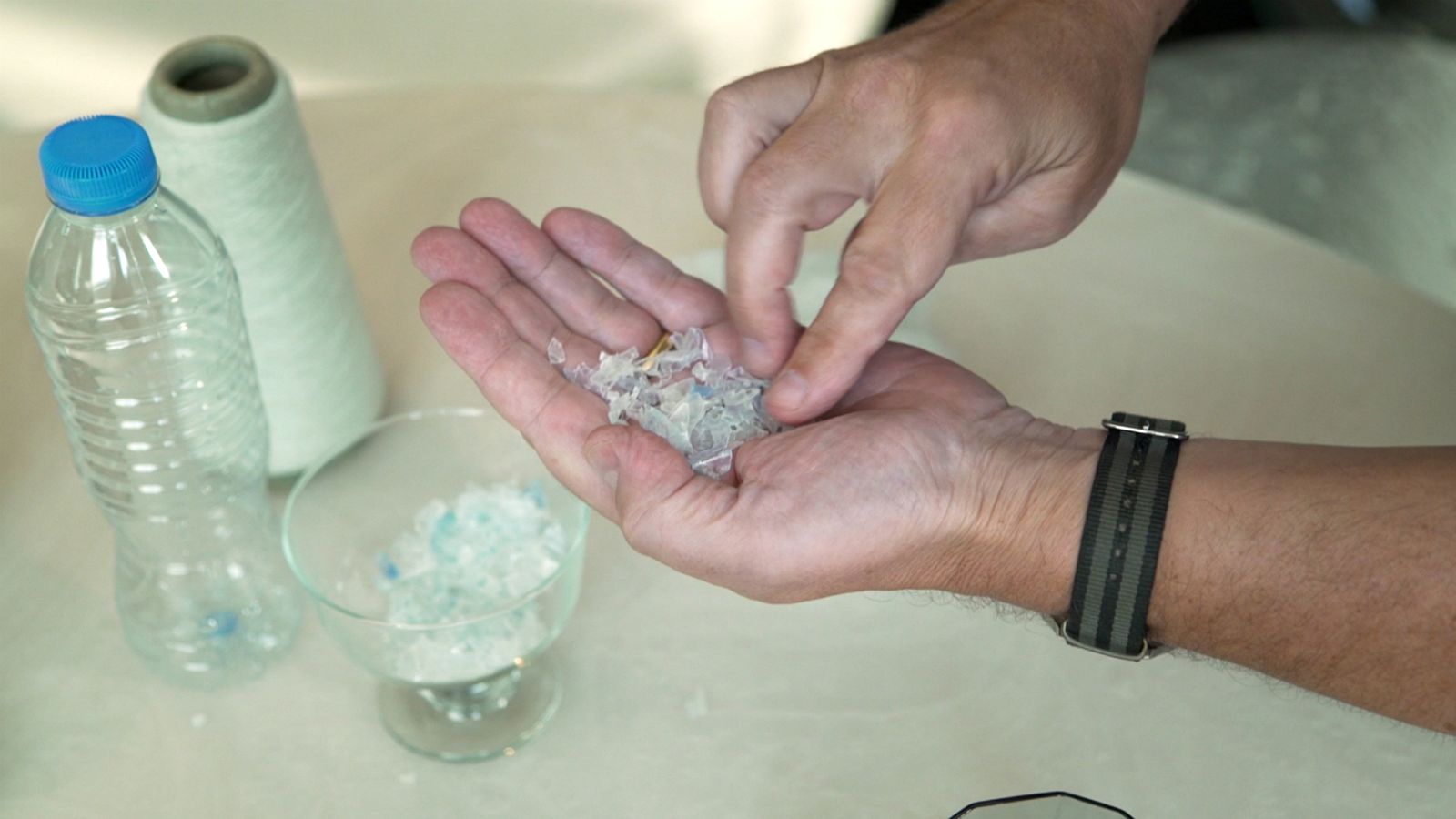
DGrade’s CEO Kirs Barber shows the flaked plastic, one of the steps when turning bottles into fabric
The process begins with collecting plastic bottles from local businesses then washing, flaking and melting the plastic to produce short fibres. The material is then spun into recycled yarn and woven – just like a conventional fabric – to make environmentally-friendly clothing.
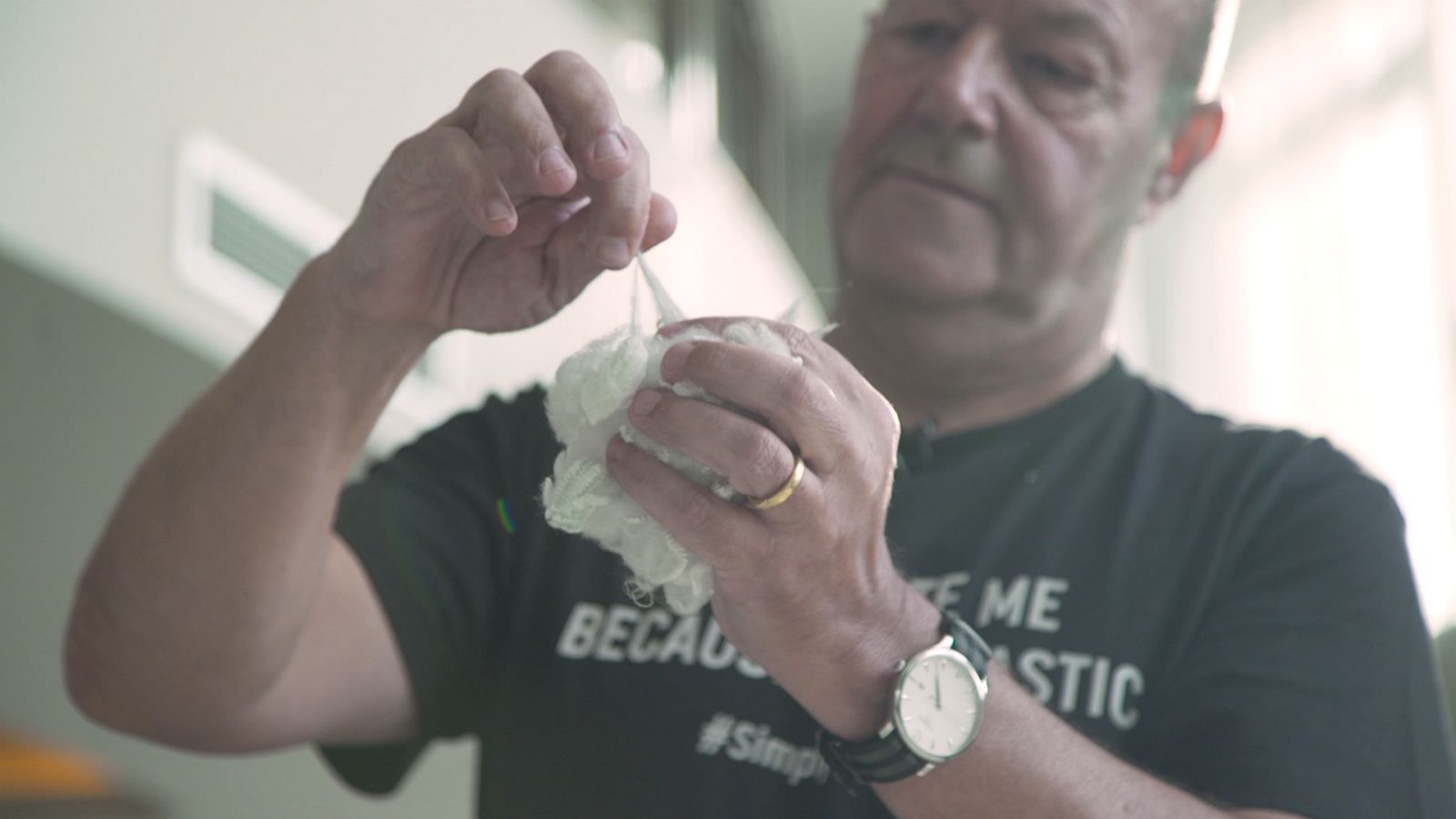
The plastic is turned into short fibres that look and feel like traditional fabric material
This technique uses around 50% less energy than manufacturing polyester from scratch and it releases 55% less carbon emissions.
DGrade’s industrial operations currently take place in Asia but the plan is to bring the supply chain closer to the domestic market.
“We are opening our first plant in Dubai,” says Barber. “We will be doing the process to convert plastic bottles all the way through to yarn.”
“The plant itself will solve the crisis that we have in the region, because we can take as much plastic as we can have,” Barber goes on to explain. “We can also create jobs and we can put the UAE on the map as innovators of this technology.”
To fulfil the company’s monthly requirement of around 1,200 tonnes of plastic, it works with local partners such as the Sharjah-based waste management firm Bee’ah, which handles more than 2 million tonnes of different types of waste every year.
“Waste is not waste until you waste it,” says Daker Rabaya, a Managing Director at Bee’ah. “Almost all types of material that you throw in the bin is a raw material for someone in this world.”
Hoping that that recycling in the UAE will one day outweigh its plastic pollution, DGrade’s CEO believes that educating commercial players in the market is a step in the right direction.
“The issue tends to be from a retail perspective, certainly as far as supermarkets are concerned, there is a lot of unnecessary use of plastic,” he flags. “It’s been a long-term campaign to try and ban plastic bags and, with things like straws, they’ve managed now to reduce the use of them. Straws are one of the worst offenders of plastic pollution, so I’m glad that’s happening.”
Particularly for the fashion industry, Barber is aware that convincing consumers to pay more for eco-friendly products is a challenge, but he hopes that their preferences for “fast fashion” will eventually be replaced by more environmentally responsible choices.
“When you look at some basic items, how cheap they are, I don’t think that’s right,” he says, “Because there’s an incentive for retailers to pile it high and sell it cheap. I would like to see the day that we are actually cost parallel to conventional fabrics.”
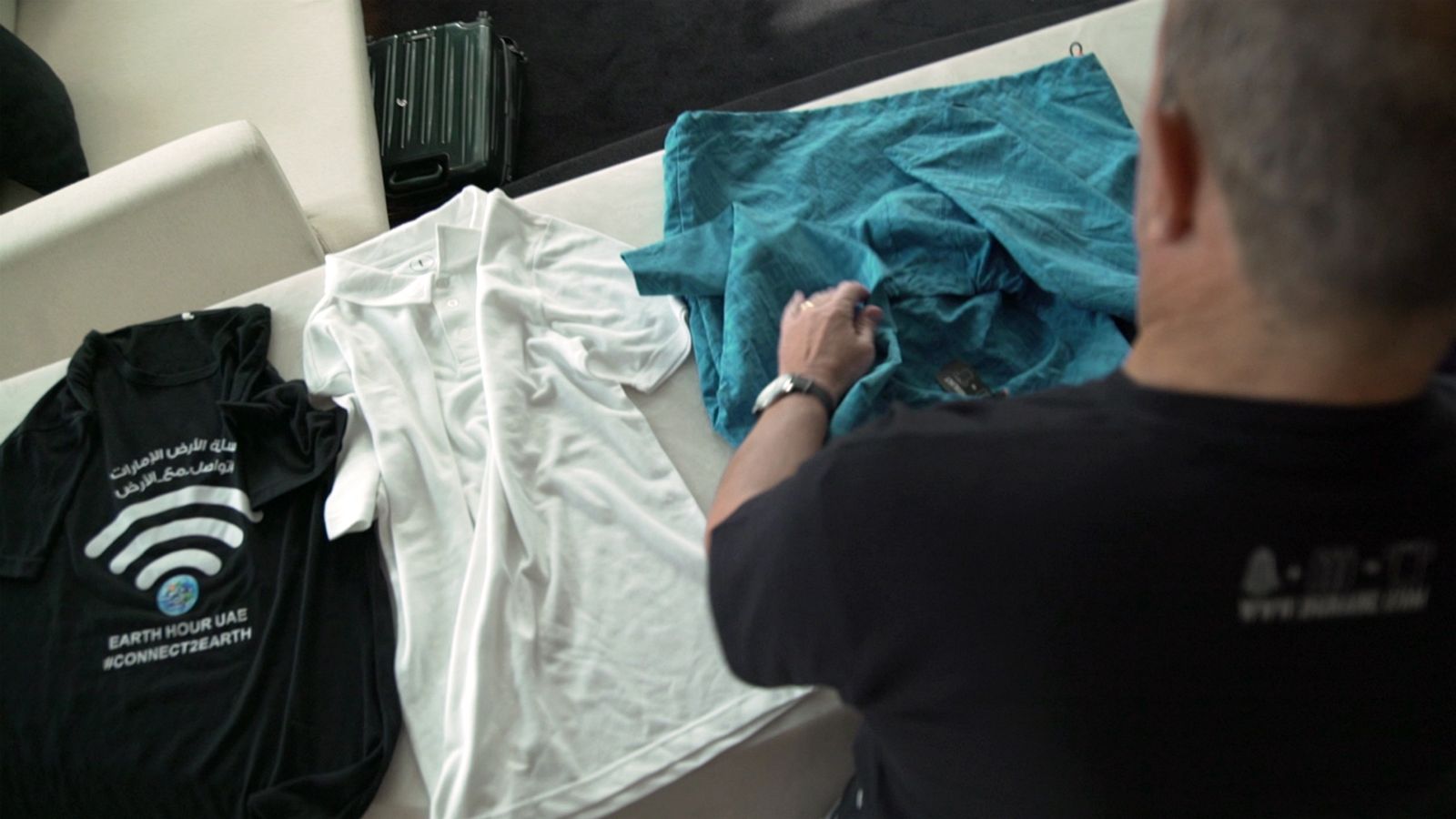
Barber created DGrade ten years ago and it now sells clothing, backpacks, bags, hats all made from plastic bottles
In a bid to help UAE residents contribute directly to the local circular economy – and reduce their plastic consumption – Barber also spearheads a campaign called Simply Bottles, helping companies and schools create their own recycling centres and reuse bottles more effectively.
Plastics in landfills can take up to thousands of years to decompose and, to the dismay of environmentalists like Barber, it’s still cheaper for manufacturers to make more of it rather than reuse the material.
The financial impact is huge. The World Economic Forum estimates that after a short first-use cycle, 95 per cent of plastic packaging material – which is worth up to $120 billion – is lost to the global economy every year.
RECYCLING ENTHUSIASTS IN THE REGION SHARE THEIR ECO-FRIENDLY EFFORTS
Waging the war against single-use plastic one straw at a time is Joslin, the founder of the NGO Recycle Lebanon.
View this post on Instagram It’s #AlohaFriday in our paradise of Lebanon!! This weekend of booze(less) filled entertainment take a conscious decision to curb your #singleuseplastic consumption starting with #straws, #plasticbags and take out containers; why not – our health, streets, seas, shorelines, sea turtles and birds will thank you with glee ;) without a straw, your drink will even taste better since you are closer to the smell and experience of it. Unless you need one of course, just be sure to recycle it after.. check
lebtivity recycling guide if your municipality doesn't offer beyond sukleen ☝?️?go #balaplastic! The industry is catering to our habits. Make it a part of your order to tell the staff that you don't want a straw as they will put it in your drink automatically and it doesn't help so much after the fact. ?Open conversations with your friends and we'll keep working behind the scenes to help encourage our service industry to serve straws upon request, use more sustainable material and push for #sort2recycle facilities and awareness.?♻️ ??The waste issue has many layers and facets to solve, but it doesn't mean we should be discouraged to wait for the perfect time or solution when a chunk of it has to do with our consumption habits. ?x?Bit by bit and step by step we are using clean ups to raise awareness on our consumption habits and waste disposal responsibilities and we are beaming in excitement to have educated the Fanar Scouts on single use habits and recycled the waste we collected. The Fanar Municipality clean up helped reduce a truckload of waste that would have reached the sea and (if lucky back to our) shorelines ? #breakfreefromplastic #brandaudit #itstartswithyou #diveintoaction #cleanupday #consumerism #recyclelebanon #livelovelebanon #lebanon #paradise #paradiseofmiddleeast #plasticpollution #plasticpollutes #refuseplasticstraws #refuseplasticbags #aloha #loveearth #nourishme #lovenature #wantvsneed #zbeleh #waste #balashalimoun #ditchthestraw
And environmentalist Ibrahim, from Egypt designer for the brand Mobikya debuts his latest futuristic furniture made from recycled waste products.
View this post on Instagram I am really excited for our newest collection. Stay tuned ! #designer #furniture #cairo #egypt #designers #innovations #orange #champaign
mobikya







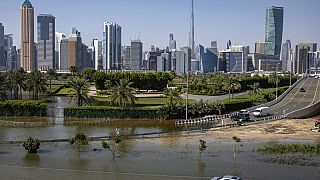
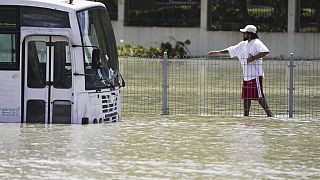
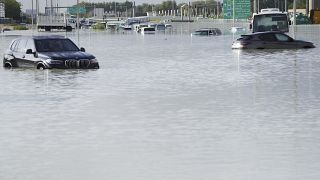


01:40
Study finds private jet emissions have surge over past five years
01:37
Prince William announces Earthshot winners in South Africa
01:04
South Africa: Prince William meets young environmentalists
02:10
Kenya: Islanders upcycle washed up plastic waste into boats
01:50
Morocco embraces eco-tourism for sustainability and increased yield
01:59
Eco Eid: Niger activists promote tree planting to check deforestation